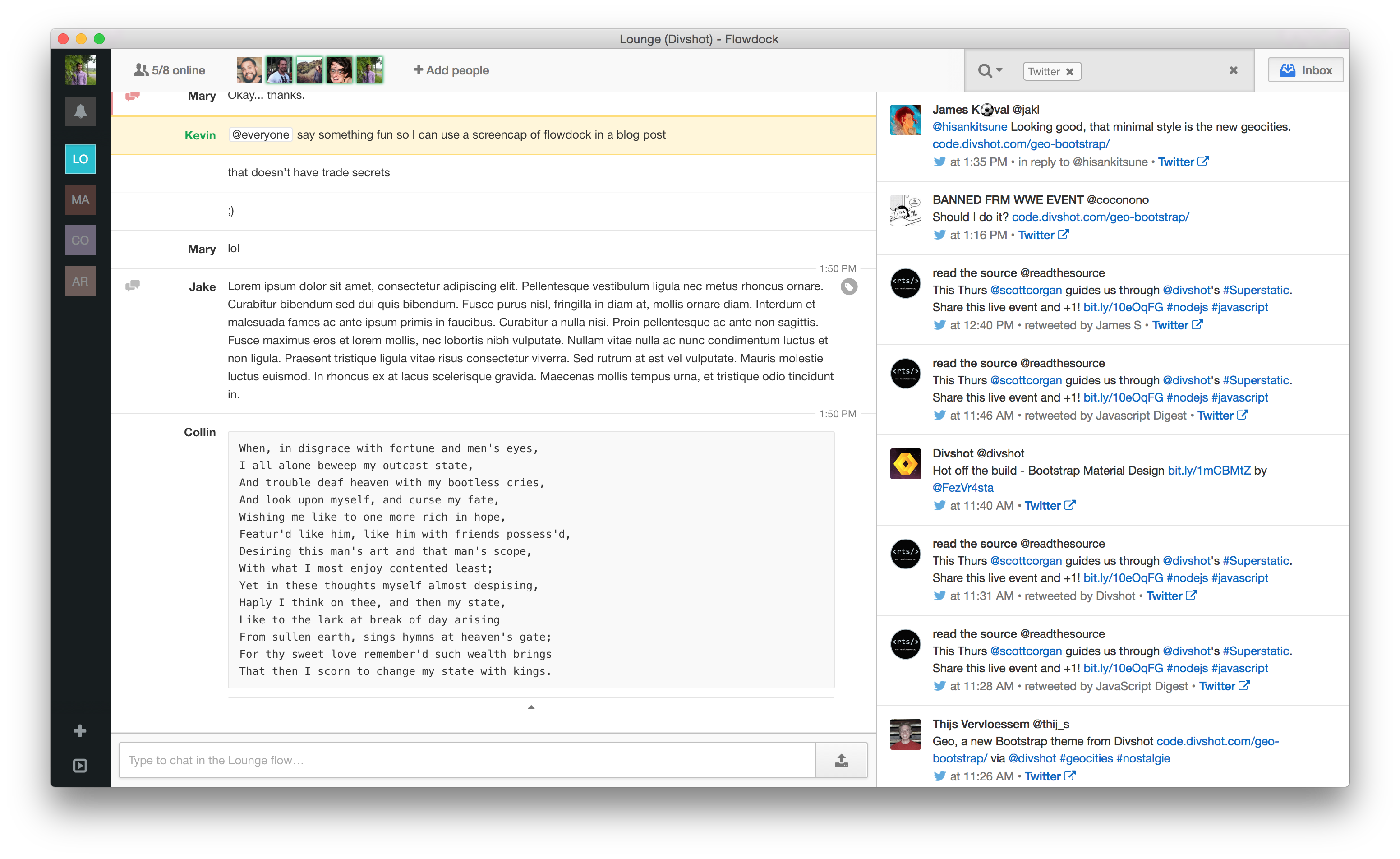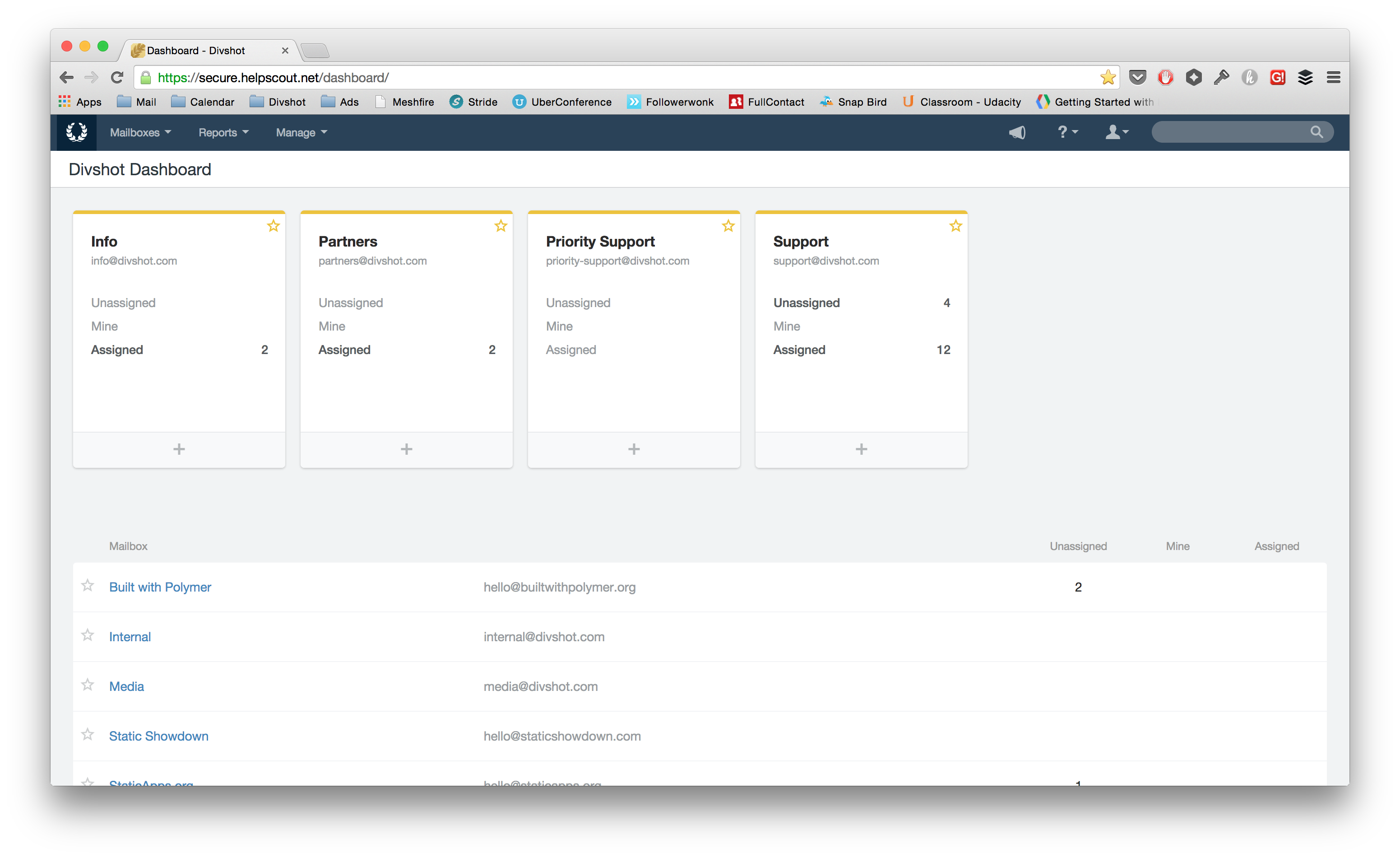A Fully Operational Remote Team
There's a lot out there on working remotely, but it's an even bigger challenge creating a startup that is fully remote. There are a lot of things that are missed - the office culture, atmosphere, and hustle. However, while there are downsides, there are immense upsides when the team is chosen correctly.
A lot of the time a remote workforce fails because not 100% of the team is remote. You'll have the crew in the building that consistently work together, and you'll have the remote folks. Those that are remote often get left out of the equation and are disconnected from the daily musings.
Hiring the right team
Just like how Silicon Valley startups talk about culture fit, the same rules apply when your team is fully remote. In any case, you want players that get along well with the rest of the team, but in a remote culture, an extra layer of complexity applies. You're looking for those that are the proactive, curious, and self-starter type. Specifically for us, we like it put it as:
"We hire people who can teach themselves how to build a parachute while falling out of a plane."
It's a new play on the 'throw you in a pool and sink or swim' mindset. But instead of sinking or swimming individually, we're building a team parachute.
Without all the mumbo-jumbo, it helps to have these qualities in a remote startup team:
- Has previously worked in a startup or other highly autonomous position, preferably remotely.
- Doesn't need strict separation between work and life to take the time to enjoy non-work activities.
- Is able to switch contexts quickly and wait for blockers to be taken care of asynchronously.
- Is used to being around and working with technology.
- Can sufficiently self-manage, because no one is around to tell you what to do most of the time.
We've found these qualities to be the bare minimum when it comes to creating a fully remote team.
Tools, tools... and more tools
We've tried at least two or three different alternatives to the tools that we currently use. We frequently outgrow the tools that we use and are always searching for the next thing to help us connect as a team better.
Flowdock
Of all the tools that we use and have used, Flowdock is tool zero. Having a solid single location where we do most of our communication, our team inbox, and social and product alerts has been indispensible. When we're not in our role-specific tools, we're in Flowdock, it's pretty much where the magic happens.

Google Hangouts
To be honest, we use Hangouts because we also use Google Apps. While Hangouts is great, it does have the occasional hiccups. With that said, we could use another group video chat tool, but this does the job just fine.
We do a weekly all-hands call, followed by an engineering call. Where other teams would do daily morning hangouts, we found that it interrupts our 'asynchronous' workflow too much.

Just because we're remote doesn't mean we can goof around here and there.
Trello and GitHub
Trello is really flexible. It's marginally useful when you first get it set up, but there's a lot of hidden features that allow you to integrate with various things. We like tools that are adaptable to our working style. Trello fits that perfectly.
And like most other tech startups, we use GitHub to manage our private and our open-source projects.
Help Scout

We use Help Scout instead of a CRM based support system like Zendesk because of the customizability. We're able to integrate this with our Flowdock, and also because it allows us to work the way we like to work. We're not limited to a workflow that is set by the tool. Help Scout adapts to how we work, and not the other way around.
Asynchronous working
Most of the time at least one of us is online and working on something. We'll occasionally work odd hours here and there, but most of us are online at the same time. Outside of our 'on-hours', we're scattered around the clock. Things still get done, sprints happen, and we always finish what we start.
Because we have the flexibility to work scattered hours, we can be found working in a lot of different places. From the normal of coffee shops, hotels, and different cities, to the adventurous, like mountains, beaches, airports, and airplanes.
To keep a consistent culture, we'll meetup and gather in one place a few times a year, we get in a room, do work, and continue with team-building activities the rest of the time.
Coworking Spaces
Because we're remote and in different locations, working from home all the time does give you cabin fever. You need a place to go. A few of us have desks and offices at various coworking spaces in LA, Santa Monica, and Seattle. It helps to work around other people, and definitely awesome to only go when you need to (which for some of us, is usually all the time).
It is very possible to build a highly functioning, fully remote team. There's definitely a culture fit to it. Behind all of the tools and activities, it starts with finding the right people.
 Divshot has joined Firebase!
Divshot has joined Firebase!